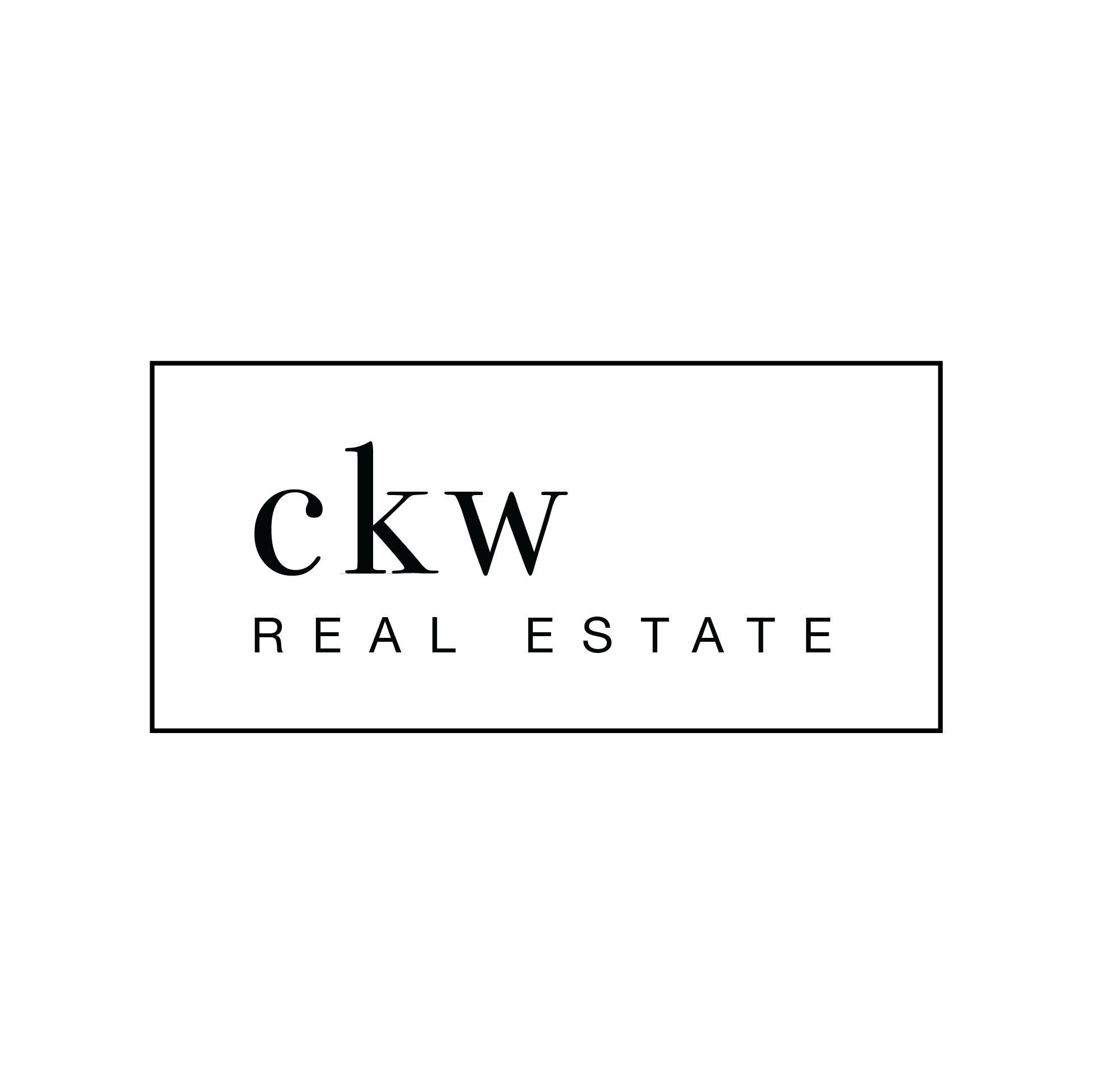Hidden Costs of Home Buying
A Comprehensive Guide to Real Estate Purchase Expenses
Finding Your Dream Home: Understanding the Closing Process
Congratulations on finding your dream home! As you prepare to close the deal, it's essential to navigate the closing process with confidence. One of the most important aspects to understand is closing costs. In this guide, we’ll break down everything you need to know about these expenses, from what they are to how they’re calculated, and provide tips for managing them effectively.
What Are Closing Costs?
Closing costs are the fees and expenses of finalizing a real estate transaction. These costs typically involve payments to various third parties involved in the sale, prepaid expenses and escrow deposits. Common closing costs include:
- Loan Origination Fees: Charges for processing your mortgage application.
- Appraisal Fees: Costs for assessing the value of the property.
- Title Insurance: Protection against potential disputes over property ownership.
- Attorney Fees: Legal costs associated with the transaction.
- Property Taxes: Taxes that may be prorated at closing.
Understanding the components of closing costs is crucial for budgeting and financial planning.
Types of Closing Costs
Closing costs can be categorized into several groups:
1. Lender Fees: These are charges related to securing your mortgage, including origination fees, discount points, and underwriting fees.
2. Third-Party Fees: Expenses for services provided by outside parties, such as appraisal fees and title insurance.
3. Prepaid Expenses: Costs like property taxes, homeowners insurance, and prepaid interest, which are paid in advance at closing.
How Are Closing Costs Calculated?
The total amount of closing costs can vary based on factors such as the home’s purchase price, the type of mortgage, and the property’s location. Lenders are required to provide a Loan Estimate (LE) within three business days of receiving your loan application. This document outlines the estimated closing costs associated with your loan, helping you compare offers and negotiate terms.
Tips for Managing Closing Costs
Managing closing costs can make a significant difference in your overall expenses. Here are some strategies to consider:
- Shop Around: Compare lenders and service providers to find the best fees and rates.
- Negotiate with Sellers: Discuss the possibility of the seller covering some or all of the closing costs.
- Consider Alternative Financing: Look into options that may have lower upfront costs.
- Review Your Closing Disclosure: Carefully check this document for accuracy and clarity before closing.
Closing Cost Assistance Programs
Many first-time homebuyers may be eligible for assistance programs designed to help cover some closing costs. These programs can offer grants, loans, or other financial support to qualified buyers. Research available options in your area and consult with lenders or housing counselors to explore your choices.
Happy Closing!
Closing costs are an inevitable part of the home buying journey, but with proper planning, you can navigate them successfully. By understanding what closing costs entail, how they’re calculated, and strategies for managing them, you'll approach the closing table with peace of mind. Remember, knowledge is power! With this guide as your companion, you’ll be ready to seal the deal on your new home with clarity and confidence.
Typical Buyer Closing Costs
Here’s a quick overview of the typical costs you can expect:
- Purchase Price: The agreed-upon price for the property.
- Deposit/Down Payment: The upfront amount you’re contributing.
- Loan Amount: The total amount borrowed from a lender.
- Loan Costs: Fees associated with obtaining the loan.
- Closing Costs: Expenses incurred during the closing process.
- Prepaid Items: Expenses paid in advance.
- Total Cash Due: The total amount needed at closing.
- Seller Concessions: Credits from the seller towards your costs.
- Adjustments: Pro-rated amounts for expenses owed by the buyer.
- Total Funds Needed to Close: The complete amount required at closing, including any concessions.
- Estimated Monthly Payment: An estimate of your monthly mortgage payment.
- Cash to Close: The funds you need to bring in certified form, such as a cashier's check or via wire transfer.
By familiarizing yourself with these aspects of closing costs, you’ll be well-prepared to make informed decisions as you embark on this exciting journey to homeownership!
LINKS TO OTHER BLOG ARTICLES
8 STRATEGIES TO WIN A HOUSE BIDDING WAR
QUICK GUIDE TO BUYING A HOUSE IN SAN FRANCISCO
THINGS YOU CAN DO WHILE QUARANTINED AT HOME
HOW TO BUY A HOME DURING COVID-19
GOVERNOR GAVIN NEWSOM’S EXECUTIVE ORDER EFFECTS ON REAL ESTATE
TO BUY OR NOT TO BUY IN SAN FRANCISCO DURING SHELTER-IN-PLACE
WHAT THE CARES ACT MEANS FOR YOU (CORONAVIRUS AID, RELIEF AND ECONOMIC SECURITY ACT)
CONSTRUCTION UPDATES FOR SHELTER-IN-PLACE
CONFIRMING WITH THE IRS WHERE TO SEND YOUR STIMULUS $$$
SAN FRANCISCO: IS NOW A GOOD TIME TO SELL A HOUSE?
HOW SAN FRANCISCO REAL ESTATE GOT SO EXPENSIVE AND WHY SF REAL ESTATE VALUES HOLD
HOW TO CHOOSE A REALTOR TO SELL YOUR INVESTMENT PROPERTY IN SAN FRANCISCO: 5 ESSENTIAL TIPS
PROP 19 PROPERTY TAX CHANGES & ACTIONS TO TAKE
COMMERCIAL REAL ESTATE PROS + CONS

